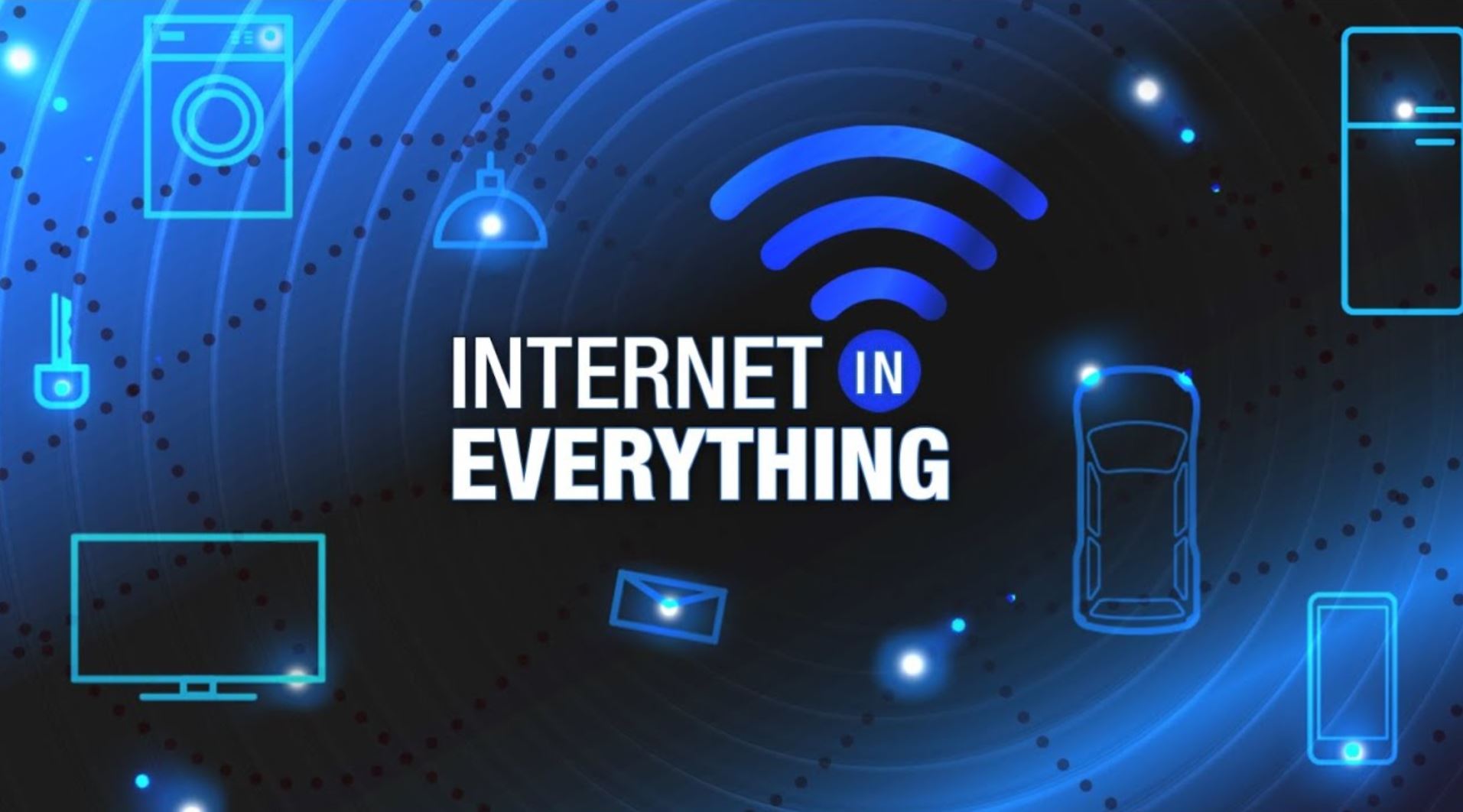 By B.N. Frank
By B.N. Frank
Privacy and security experts have been warning for many years that Internet of Things (IoT) is too risky. It has a high failure rate and it’s extremely vulnerable to hackers.
Last summer, IBM warned about serious IoT vulnerabilities with medical implants and utility “Smart” Meters. More recently experts warned about vulnerabilities with IoT agriculture and “Smart Farms”. Of course experts have also been warning for many years that ALL wireless and/or “Smart” technology is vulnerable to hacking (see 1, 2, 3, 4, 5, 6), inaccuracies and other problems (see 1, 2, 3, 4) including fires (see 1, 2).
Last December, then President Trump signed the IoT Cybersecurity Improvement Act of 2020 to create standards and guidelines on the use and management of these devices by federal agencies. In the meantime, proponents continue to endorse the widespread use of this technology despite the catastrophic risks. Doesn’t make sense, does it?
From Full Measure:
The Internet isn’t just on our phones and computers anymore. It’s a constant presence in almost everything around us. That means a wide world of opportunity – but may also come with threats to our security. Joce Sterman spoke to Laura DeNardis, author of the book “The Internet in Everything,” which starts out by posing the question – what would happen if humans suddenly left the earth?
Laura DeNardis: You’d still have robots moving merchandise around an Amazon fulfillment center. You would have home thermometers changing the climate in a home. Bitcoin would still be mined. Russian social media bots would still be spreading propaganda. And so what that does is it tells us that the internet and the physical world are now intertwined. You can’t really distinguish between the virtual sphere and the physical sphere anymore.
Joce: Some of our viewers may have never heard this term, the Internet of things. How do you sum this up in the simplest definition?
DeNardis: It used to be that we would enter the Internet through a screen. Now objects that are also just in the physical world, whether it’s a soccer ball or whether it is a car or whether it’s a medical device in telemedicine, these are things that are also connected to the internet.
Joce: What do you see as the potential dangers or pitfalls of that?
The Ultimate Privacy Phone and Laptop from Purism (Ad)
DeNardis: It affects everything from security to privacy, to the economy, to what it means to do national security. It used to be said many times in national security spheres that no bullets could be fired in cyberspace, but that’s really not true anymore because you could potentially assassinate someone through the internet if they had a cardiac appliance or you could take down a critical industrial infrastructure without physically being there.
Joce: How do you think the U.S. rates in terms of cyber security and protecting the internet of things?
DeNardis: We’ve seen some discussions on the floor of the house, around the internet of things.” So I think that policy makers are aware of the threat, but now, especially everyone understands the importance of innovations like telemedicine and the need to work from home that will help to draw attention to the consequences of this and have greater action.
Joce: Is it serious enough that you think the internet of things actually threatens our democracy?
DeNardis: I think in general, technology brings us closer to democracy because it empowers people and that the benefits of the cyber physical world far outweigh the problems with it. And it’s exactly because of how important it is and how consequential the innovations are that we have to get the question of security and privacy, right.
Joce: Do you have any concerns at all that you would say to people we should disconnect, we should unplug and stop interconnecting all of these devices, or you feel like it’s fixable?
DeNardis: I’m an engineer at heart and I love technology and I’m a big user of technology. And I think that it has promise for every area of society. And I would never give someone the dystopian message to unplug. I think we have to understand as humans that we’re technological beings, but we have to get this question right about security.
For Full Measure, I’m Joce Sterman.
Other disadvantages associated with IoT and “Smart” technology include
- Environmental and humanitarian devastation caused by mining for conflict minerals to make the technology.
- Broken and/or obsolete devices and infrastructure adding to already dangerously high levels of unrecyclable E-Waste.
- Biologically and environmentally harmful electromagnetic radiation emissions from IoT, wireless, and “Smart” devices and infrastructure (see 1, 2, 3, 4, 5, 6).
All of that sucks too.
Activist Post reports regularly about unsafe technology. For more information, visit our archives.
Become a Patron!
Or support us at SubscribeStar
Donate cryptocurrency HERE
Subscribe to Activist Post for truth, peace, and freedom news. Follow us on Telegram, SoMee, HIVE, Flote, Minds, MeWe, Twitter, Gab and Ruqqus.
Provide, Protect and Profit from what’s coming! Get a free issue of Counter Markets today.

Be the first to comment on "New Book Exposes Catastrophic Security Risks from Internet of Things; Author Still Endorses Its Use"